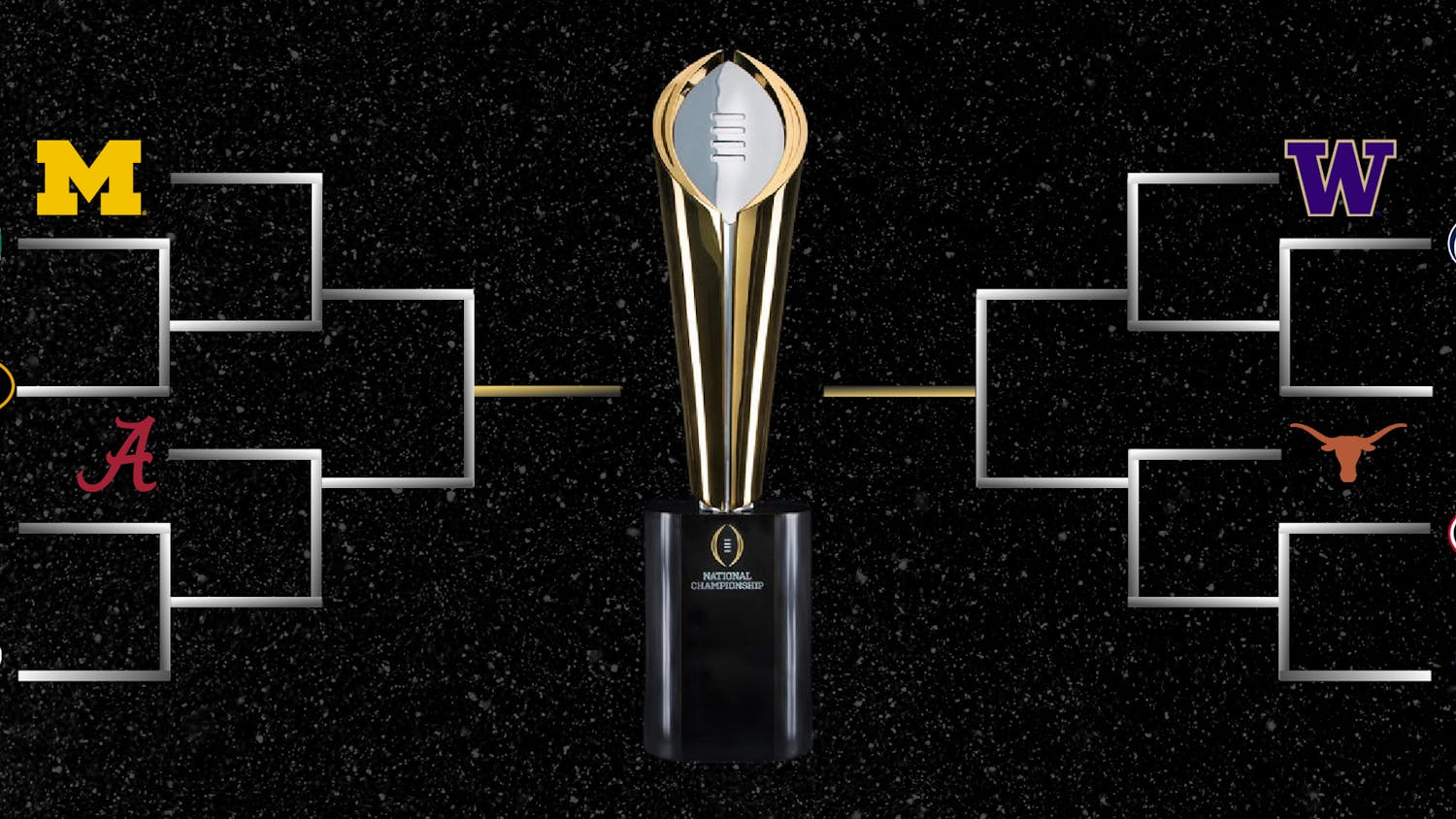By Rylie Harrison | Contributor
In 1971, The New York Times received 43 volumes of a classified study regarding the Vietnam War, which came to be referred to as the Pentagon Papers.
The Times began publishing the contents, but was sued by the Nixon Administration. In the time before the trial, the rest of the papers were given to The Washington Post.
The film "The Post" tells the story of the publishers and editors of The Washington Post as they wrestle with the decision whether or not to publish the classified documents.
In the modern world of fake news and skewed reporting, this movie presents a valuable story from history about journalistic integrity and freedom of the press. The film considers what level of censorship - if any - by the government is acceptable while still upholding the First Amendment.
As far as performances, do I need to say anything about Tom Hanks and Meryl Streep? As usual, both actors are fantastic in their roles. In addition, the rest of the cast also does a great job bringing the journalists, businessmen and politicians to life. In my opinion, the performances are the strongest element of the movie.
Where the film really falters is in its pacing. The first third to half of the movie feels unfocused and drags on. When the editor actually receives the papers, the movie focuses up and becomes interesting. Until that point, however, it is cluttered with backstory and mundane issues.
While not executed in the best way, "The Post" is still an interesting story about one of the most influential ethical dilemmas in the history of journalism. If you're interested in journalism, history or the relationship between the government and the public, you will find enjoyment in "The Post."





